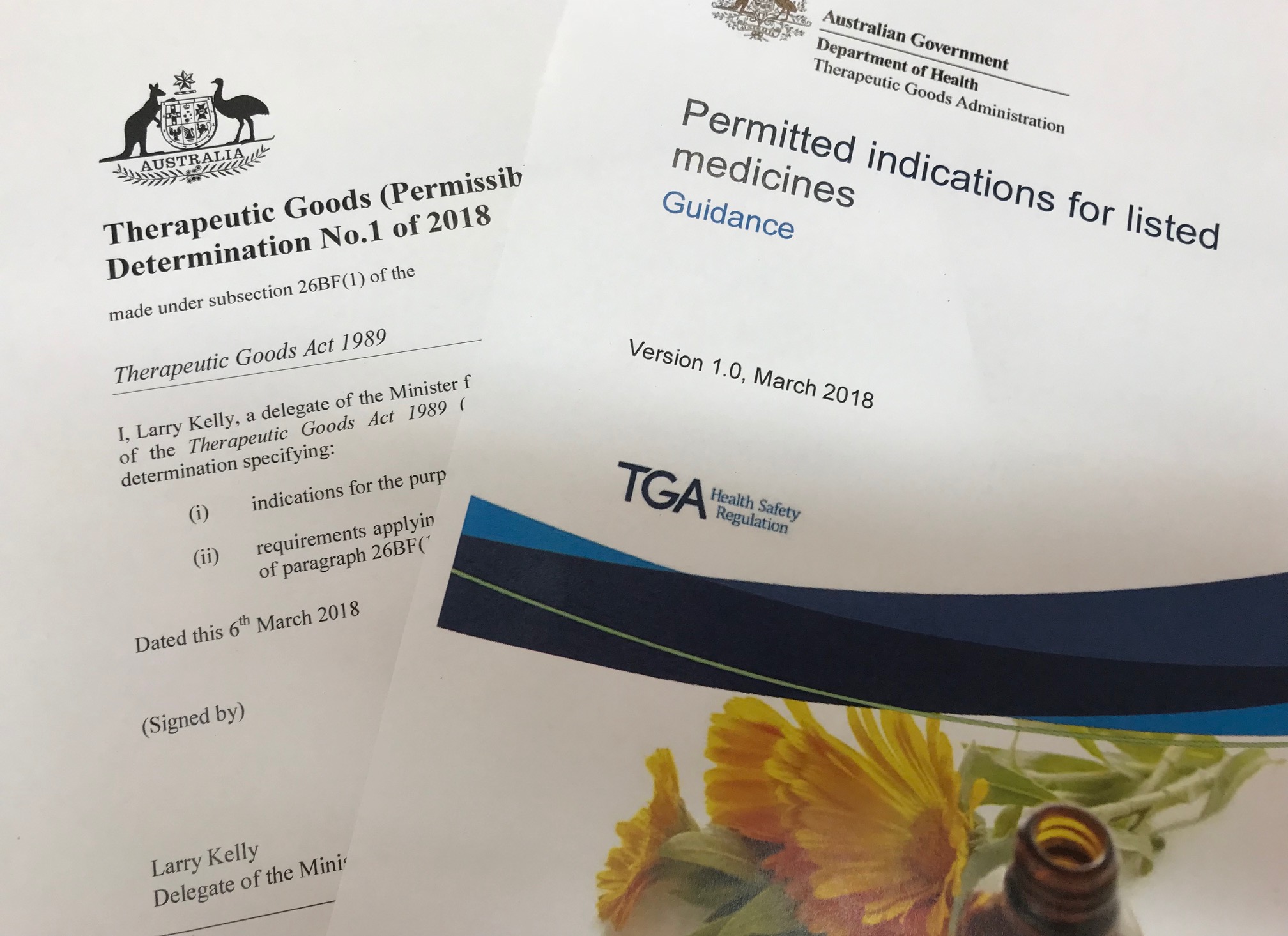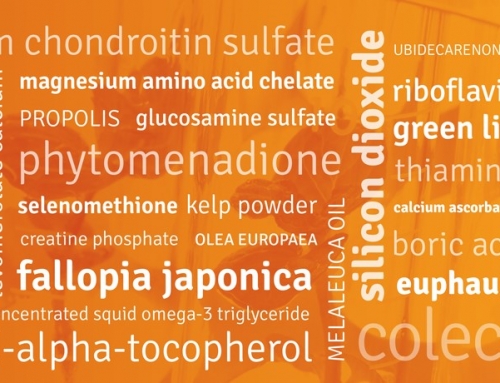The TGA has just released the new and updated instrument, Therapeutic Goods (Permissible Indications) Determination (No. 1) of 2019
The second determination repeals and replaces the first determination. The determination includes a number of changes compared to the first determination including in particular;
- addition of a required label statement ‘Adults only’ OR ‘Not to be used in children under 2 years of age without medical advice’ to indications referring to cold and flu. Following a TGA safety review of these types of products in 2012, listed medicines making cold and flu indications (and products containing certain ingredients) were required to include a warning statement for children on their product labels. Consistent with many of the requirements for listing at that time (e.g. restrictions on the use of ingredients), this requirement was imposed administratively through the Electronic Listing Facility. The required label statement will provide clarity for sponsors and support the safe use of medicines for which these indications are to be used;
- the addition of 15 new indications determined to be suitable for use by listed medicines along with the associated requirements relating to their use for these products;
- the removal of 7 indications:o three traditional Ayurvedic indications for ‘Medohara’, ‘Meha hara’ and ‘Pandu hara’ that are not appropriate to be supported by evidence of traditional use as they refer to biomarkers (lipids, blood sugar and iron) which require validation with scientific data; two TCM indications referring to ‘stabilise mind’ and ‘open body orifices’ that could be used to refer to the treatment of a serious disease in the TCM paradigm and as such are not appropriate for use in listed medicines; and two TCM indications that are duplicates of other indications that are already included in the Determination;
- changes in the wording to a number of requirements relating to labelling that refer to seeking the advice of a health professional. The change in wording is designed to better align those requirements with the terminology used in the Code, for clarity and greater consistency (without amending the overall intent or meaning of the original requirements);
- changes to a number of requirements relating to labelling for listed medicines with TCM and Ayurvedic indications, to recommend that consumers seek professional advice from a TCM or Ayurvedic medicine practitioner if they don’t understand the specific terminology used in these paradigms. The amended requirements do not change the intent or meaning of the requirements for these products in the First Determination, but are designed to provide greater flexibility for sponsors when these indications are used in a multi-paradigm medicine, such as when a TCM indication is used with a Western herbal medicine indication;
- a change to the wording of the indication ‘Helps reduce occurrence of symptoms of food intolerance/allergies’ to remove reference to ‘food allergies’, to reflect that food allergies may present as a serious disease or condition and are inappropriate for listed medicines. This indication can still be used in listed medicines to refer to food intolerance.
- a number of minor corrections and clarifications, e.g. to better reflect international nomenclature in TCM indications, set out a number of indications more clearly, and to explain when requirements relating to labelling will apply for indications relating to weight loss.
To review the TGA changes to the determination, please click here.
The ARTG entries of affected medicines will not automatically update. Sponsors of affected medicines will need to update their product labels and ARTGs to reflect these updates. TGA are advising sponsors are expected to update their product labels by the end of the permitted indications transition period on 8 March 2021.
If you require any assistance with these matters please contact Rachael or Nadine or call our office on 02 6686 6797.








